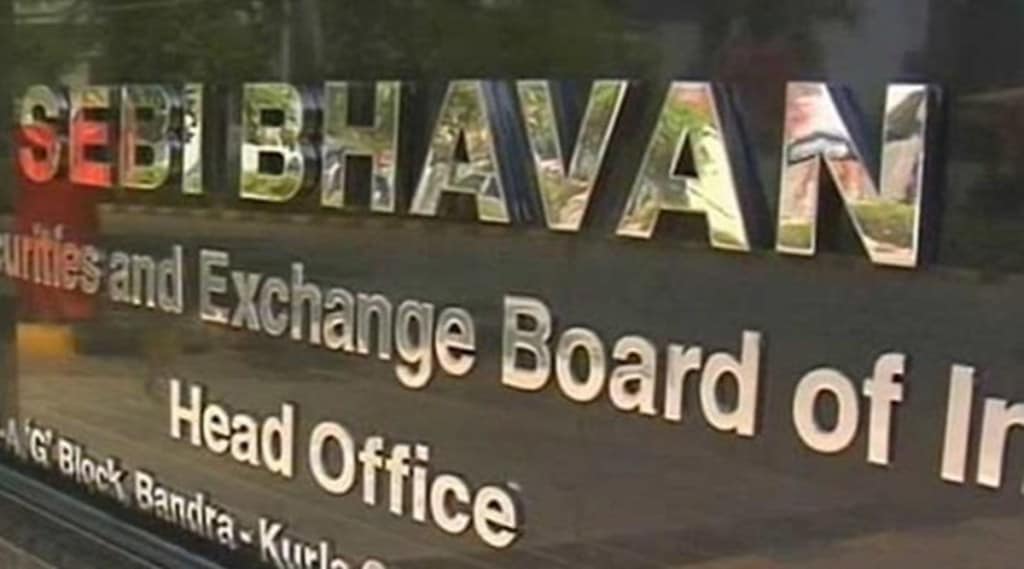There have been many unsavoury incidents in the stock markets over the years but the action following events surrounding Ruchi Soya’s follow-on public offer (FPO) has been both swift and surprising. To recap, the Securities and Exchange Board of India (Sebi) directed late Monday evening that all subscribers to the Rs 4,300 crore FPO, barring those that were allotted shares from the anchor book, be permitted to pull back their applications. The capital market watchdog appears to have been displeased about unsolicited messages being sent around to prospective investors prodding them to pick up shares.
The action is probably unprecedented and reportedly resulted in a big chunk of retail investors withdrawing their applications. This seems to have been triggered by the huge uncertainty following Sebi’s action. While the regulator is absolutely justified in trying to weed out or curtail unscrupulous promotion of an issue of shares, it is unfortunate the FPO has been disrupted even before establishing any direct or indirect link between the promoters and those indulging in such practices. As a result, the Ruchi Soya promoters may not be able to bring down their shareholding to comply with the rules.
The fact is it would very difficult, if not near impossible, to identify the real culprits. Technology will certainly come in handy, but tracking down the offenders could be a long drawn out process and the evidence on the ground might be very thin. More importantly, such tactics—sending unsolicited text messages—could be used in the future by persons to sabotage a public offering. After all, technology can always be misused. The more pertinent question is to what extent such messages can actually influence buyers. For, institutional investors or high net worth individuals are supposed to base their buying decisions on extensive research and it is highly unlikely they would be swayed by some random text messages. As for retail buyers, if they propose to buy shares for the long term, they too should be taking informed decisions. If they are choosing to merely punt in the hope of making some quick money that is entirely their decision for which they need to accept full responsibility.
The point is Sebi cannot be protecting small investors to a point where they cease to be responsible for their decisions. Ultimately all buyers of shares and stocks, or mutual funds for that matter, should be able to think for themselves. Indeed small investors today are inundated with research being put out by brokerages and one could safely argue, not all of this is high quality information. Nonetheless, brokerages continue to make recommendations on stocks, right or wrong. It would be impossible for Sebi to keep track of these. In the current context, Ruchi Soya is a listed entity and one assumes, makes all the mandatory disclosures relating to the financial performance which can be accessed by investors on the company’s website. The track record of the stock, on the exchanges, is also public knowledge. Had everything not been in order, the company would not have got the go ahead from Sebi for the FPO. The regulator’s job is to ensure that all companies are complying with rules and regulations with regard to disclosures, corporate governance and so on and investors need to be made aware of any breaches. If it believes there are any loopholes in the law, it should work to plug these. Micromanagement or acting just on the basis of suspicion is certainly not the regulator’s job.

